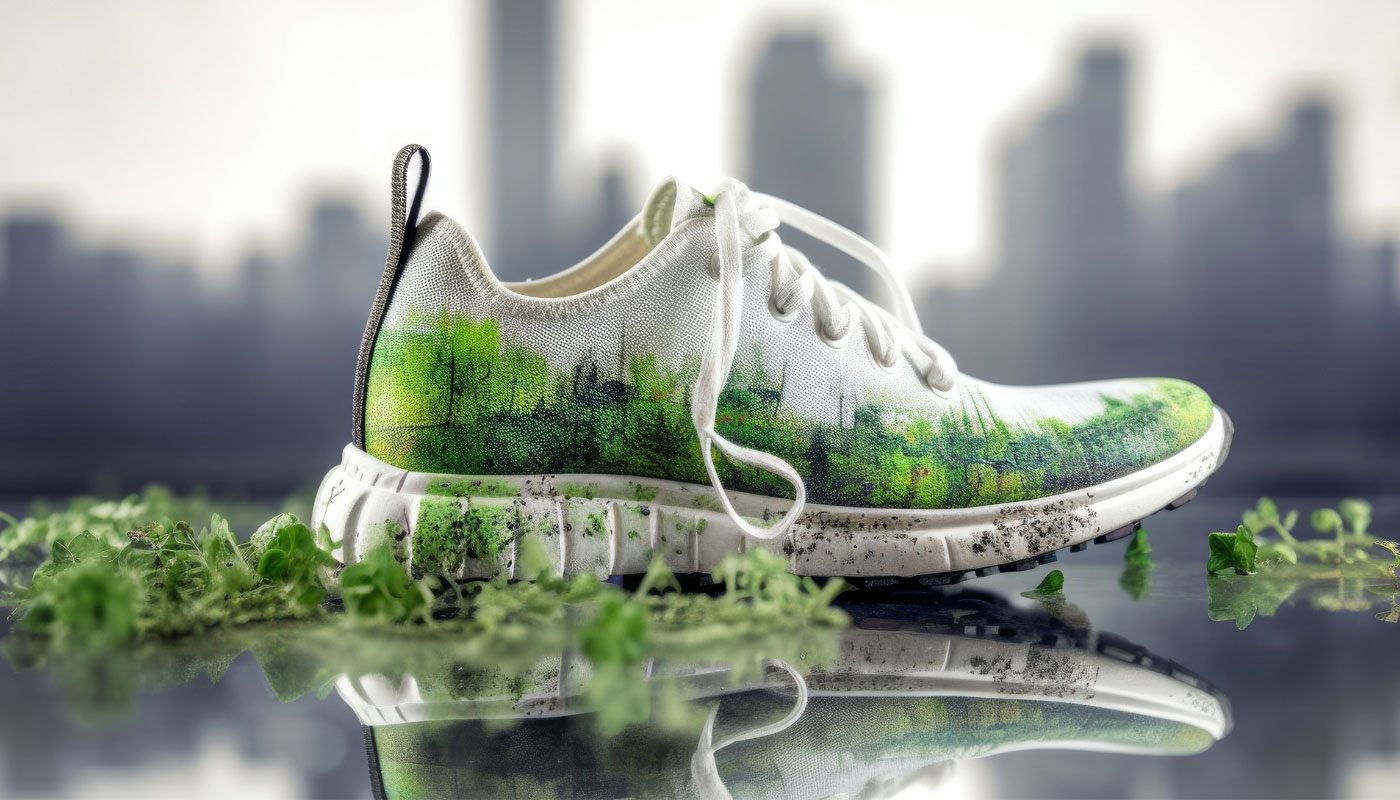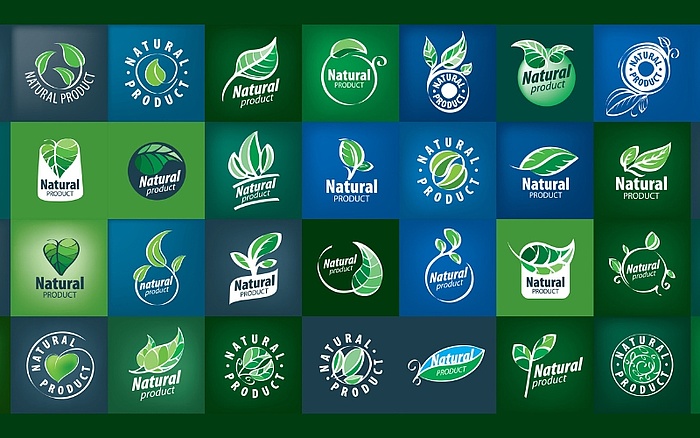
Big challenges for green trademarks
There is no longer any doubt about the urgency of tackling climate change. Introducing the latest Intergovernmental Panel on Climate Change report in March 2023, United Nations Secretary-General António Guterres called on all countries to bring net-zero plans forward by a decade. The report stated: "There is a rapidly closing window of opportunity to secure a liveable and sustainable future for all."
With this growing awareness of the importance of climate considerations, many brand owners are developing environmentally friendly goods and services. In tandem, trademarks and other IP rights can play a vital role in communicating environmental credentials to consumers. For example, trademarks may include terms, images or slogans to convey the message that a product is organic, good for the planet or that it promotes recycling.
Collective trademarks and certification marks, such as the Forest Stewardship Council (FSC), Marine Stewardship Council (MSC) and Rainforest Alliance, can also be used to indicate authenticity and compliance with specific standards. That being said, trademarks that use terms such as "eco" or "green" in misleading or purely descriptive ways are likely to be rejected by IP offices or challenged in revocation proceedings. Indeed, a number of judgments from the EU General Court have found that such terms cannot function as trademarks in certain circumstances. Therefore, applicants must pay close attention to what is and is not likely to be permitted.
Growth of green trademarks
It is clear from a recent European Union Intellectual Property Office (EUIPO) analysis that "green" trademarks are very appealing to applicants. The office's updated report on green EU trademark (EUTM) filings, published in February 2023, looked at applications whose specifications contain at least one term from a list of over 900 that have been identified as green, such as photovoltaic, solar heating, wind energy and recycling.
The study found that 18,726 green EUTMs were filed in 2021. Moreover, interest in applying for these green trademarks is increasing. Since the launch of the EUTM, the proportion of green filings as a share of all filings has risen steadily, from about 4% in 1996 to a record high of 12% in 2021. Interestingly, applicants in non-EU countries file more green EUTMs than those in EU member states (14.1% compared to 10.6%), driven by organizations in China, South Korea, Switzerland, the UK and the US.

Single-use products made from sustainable materials are a common subject of green trademarks. However, due to their purely descriptive nature, terms such as "recyclable" and "biodegradable" would be difficult to apply to these goods.
The EUIPO also identified nine main product groups that are the subject of green EUTM filings. Of these, the standouts are: energy production and energy conservation, together accounting for more than 48% of green EUTM filings, pollution control, accounting for 18%, and transportation for 11%.
Trademarks using green terms
While these figures demonstrate the increasing demand for green goods and services—or, to be more accurate, their increasing supply—they do not tell us about the use of green terms in trademarks themselves.
Nevertheless, there is quite a lot of guidance from IP offices and courts on how applications including such terms should be treated. Take the term "eco" as an example. The EUIPO Guidelines state that trademark applications comprising "eco" (meaning ecological), either alone or in combination with other descriptive terms, may be refused. All the same, a search reveals that nearly 14,000 registered EUTMs include "eco"—about half of them figurative marks and half word marks. The majority of word marks registered include "eco" as a separate component: Eco Pur, Eco Blu, Eco Net, Eco Jet, Eco Air, Eco LPG, etc.
Challenges in the courts
Before the courts, though, trademarks including the term "eco" have a chequered record. The EU General Court held EUTM applications for EcoPerfect (case T-328/11) and ecoDoor (case T-625/11) to be descriptive. Regarding the latter, it said that "consumers are increasingly mindful of the ecological quality of goods, including their energy consumption," and the mark was descriptive of an essential characteristic of the relevant goods, namely their ecological character, "in that it described the ecological qualities of the door which they are equipped with."

There is a fine line for business owners, brand designers and IP managers to tread between communicating an ecological value proposition and simply describing it. A green trademark needs to be able to indicate a company's goods or services to the relevant public and inform them of environmental benefits without being generic.
The court also recently found that an application for a figurative mark incorporating the words ECO STORAGE was descriptive for goods such as household and kitchen containers and accessories in class 21 (case T-777/21). It said: "The Board of Appeal was right to consider … that all the goods covered by the mark applied for could be used to store food or any other item, such as household or decorative items, and that such storage could be done in a sustainable or environmentally friendly manner."
Other applications containing environmental terms have met with similar fates, including Greenworld (case T-106/14) and Sustainablel (case T-644/17). In the second case, the court found that the relevant public would understand the sign to mean "sustainable" despite the deliberate misspelling and that the sign displayed a direct and specific connection with the services covered (in classes 9, 35 and 42) so as to be descriptive.
Enterprising trademark owners in Europe have also sought to register slogans that convey eco-friendly messages for their goods and services. However, these also face a high barrier. For example, the court held that an application for CREATE DELIGHTFUL HUMAN ENVIRONMENTS was correctly refused for being devoid of distinctive character (case T-49/19).

All-natural fabrics are becoming increasingly popular as alternatives to hydrocarbon-based fibers that can contribute to micro-plastic contamination. Devising suitable trademarks for this movement away from "fast fashion" will be vital for the success of new entrants into this growing market.
The EU General Court recently reached the same conclusion regarding an application to register THE FUTURE IS PLANT-BASED for goods in classes 5, 30 and 32 (case T-133/22). In this case, the court noted that "the relevant public will perceive the mark applied for … as indicating that the goods covered by it were made from plants and are therefore the goods of the future. Indeed, as long as the existence of a trend towards a meatless diet is not called into question for environmental reasons linked to future climate challenges, the slogan is, from the point of view of the relevant public, exclusively laudatory, presenting no originality or significance."
An uphill struggle
The shifting climate requires action from everyone, including brand owners. Consequently, demand for trademarks for green goods and services, as well as words, slogans and figures that denote environmental awareness, is likely to increase. But herein lies a paradox: As consumers become more environmentally aware and familiar with terms used to indicate sustainability, recycling and healthy living, they will also become more sophisticated in how they perceive these terms. This could make it harder for applicants to prove that their marks are distinctive and not descriptive or laudatory.
In the future, market operators will have to become even more creative in communicating a pro-environment message to consumers and selecting their green trademarks.
A version of this article was first published in WIPR Issue 1, May 2023.
Filed in

Learn why brand name and trademark law matter for your business, from marketing efforts to bottom lines.



